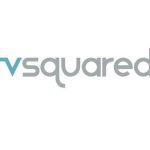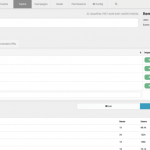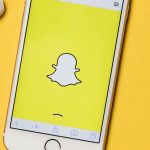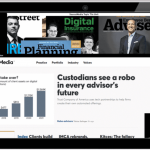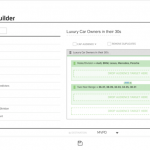Protagonist’s new platform finds the stories told about brands
San Francisco-based startup employs AI and human experts to decipher narrative threads surrounding brands, and then offer strategic actions.
Every brand wants to tell a story. But a new narrative analytics platform has launched to help brands figure out the stories that are actually being told about them.
The platform is called Protagonist, from a company by the same name. Formerly called Monitor 360, the San Francisco-based firm was spun off three years ago from the consulting firm Monitor Group.
Protagonist says its newly released platform is the first “specifically designed to analyze complex, cross-platform data to reveal the underlying beliefs and motivations of consumers.” Customers include General Mills, MetLife, Warner Brothers and Microsoft.
When it spun off, CEO and founder Doug Randall told me, Monitor 360’s main occupation was conducting studies that resembled ethnographic research for government agencies.
They used available polling data, field research and expert analysis to tackle such questions as whether most Afghans agreed with America’s policies, or what kind of messaging by terrorists helped them attract recruits.
About two years ago, the company decided to use artificial intelligence and natural language processing to create a platform that, along with human experts, could help brands determine the stories being told about them.
The Protagonist platform ingests unstructured data about the client from relevant social media, blogs, sites, traditional news and other media. The custom-built AI specifies the narrative threads about the client and competitors, clusters them into related groups, scores them according to their relative level of influence for such metrics as buying patterns and maps how they’ve changed over time. Here’s a screen showing narrative shifts over time:

Then human experts take that clustering and, working with platform tools, determine strategic actions, channels, content and influencers that can emphasize supportive narratives or counter destructive ones. Here’s a screen with a strategy map:
This differs from social analysis platforms that similarly sift social comments, Randall said, because Protagonist finds story threads and their relationships, not only groups of comments and sentiments.
In one use case cited by Protagonist, an unspecified large financial company that sold gold wanted to increase sales. So, it needed to determine the narrative threads driving the purchase of gold.
The Protagonist platform and team determined there were three main story-drivers: Gold is an alternative asset class to stocks, real estate, bonds and other traditional investments; its value is countercyclical, so it was a good hedge against economic vagaries; and it was a safe haven for money. Then Protagonist recommended a different marketing approach for each of those three narratives.
Randall says his company has no stats yet on whether its approach works better than others. Competitors, he said, fall into three groups. Market researchers like Nielsen and pollsters form one group, and the second group includes media monitors like Cision and Meltwater, which return basic stats like how often certain words show up in news accounts.
He put two competing platforms, Quid and Cambridge Analytica, into a third group.
Quid, he said, is a self-service technical platform that does not offer human expert advice. But, Randall contended, “AI and machine learning are not at a point where we can trust it completely,” which is why human experts are involved in what he described as Protagonist’s “end-to-end service.”
And there’s Cambridge Analytica, which has become known as the key data analytical firm behind Donald Trump’s campaign. It claims to have developed a psychological profile for every adult in the US, obtained by creating large panels of users who answer psychological questionnaires, and then lookalike-matching those profiles against other individuals with similar attributes.
Randall says his company is focused on overall narratives, not the belief-based stories that individuals tell themselves, as Cambridge Analytica does.
“We’re not asking people,” he pointed out, adding that “no one else is identifying stories and giving guidance on narratives” based on data and at this scale.
Marketing Land – Internet Marketing News, Strategies & Tips
(33)








